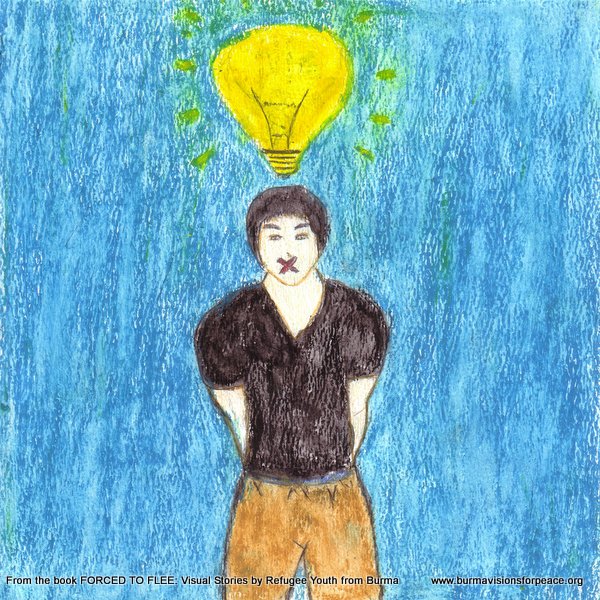Posts Tagged ‘World Press Freedom Day’ (3 found)
World Press Freedom Day or World Press Restrictions Day?
Sunday 3 May, 2015 was World Press Freedom Day and the Burma Army embraced the sentiment of this day by issuing a gaging order on the media, aimed at stopping them from reporting on statements by the ethnic armed group, the Myanmar National Democratic Alliance Army (MNDAA) with which the Burma Army is at war with. Meanwhile, 12 journalists remain in prison, demonstrating why the Committee to Protect Journalists (CPJ) designated Burma as the 9th most censored country in the world.
Five of the most high profile incarcerated media workers, four journalists and the chief executive officer of the Unity Journal, have been in prison since reporting on a secret chemical weapons factory of the Burma Army in January 2014. They are serving seven years with hard labor after being charged under the colonial-era State Secrets Act. International human rights group, Amnesty International, brought attention to this issue on World Press Freedom Day, encouraging supporters to post ‘#FreeUnityFive’ on the Burma Government’s Information Minister’s Facebook wall. It is not just the Unity five that are in prison. Seven more media workers spent World Press Freedom Day without their freedom, including five from the Bi-Midday Sun newspaper and two from the Myanmar Post Weekly […]
• • •Myanmar: Release Media Workers Jailed for Peaceful Journalistic Activities
On World Press Freedom Day, Amnesty International calls on the Myanmar authorities to immediately and unconditionally release all media workers imprisoned in connection with their peaceful journalistic activities […]
• • •World Press Freedom Day, Not Yet a Day of Celebration for Burma’s Journalists
This week, on 3 May, the world will celebrate World Press Freedom Day, giving the occasion to look closely at recent developments that appear on the surface to be an easing of media restrictions in Burma.
This year, the Press Scrutiny and Registration Division (PSRD) exempted publications covering the themes of health, kids, technology, crime, education and sports from pre-publication censorship. Despite this, a recent International Media Support report found that Burma’s censorship board still orders the removal of approximately 20 to 25% of articles submitted by newspapers and magazines.
For instance, while massive presence of international media was allowed inside Burma at the time of the by-elections, local media were facing harsh restrictions. The International Press Institute reported that ahead of the elections, the PSRD issued a list of “Do’s and don’ts for the media covering the by-elections.” A local reporter explained that the PSRD warned editors that “action will be taken” against publications that don’t abide by the board’s guidelines […]
• • •









 All posts
All posts